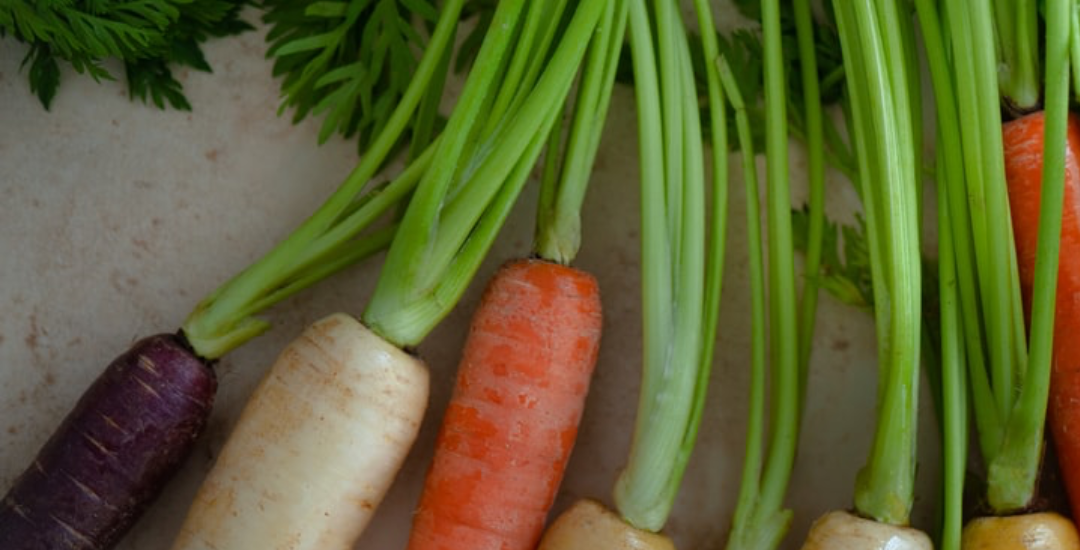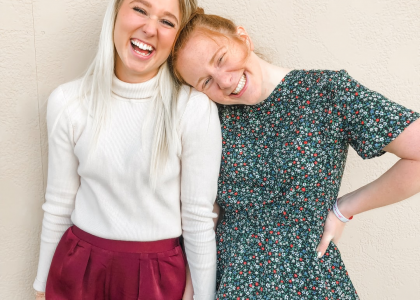When you live with depression and anxiety, tired and emotional takes on a whole new meaning.
Today, I’m tired and emotional. I’ve spent weeks dealing with winter viruses that have come and gone and come again on top of which I’ve been working on some amazing business development opportunities for clients and friends. After a spectacular ‘crash’ last year, getting back into a full swing life is both exhausting and exciting.
So as I sit here this morning wanting nothing more than to go back to bed (something I intentionally deny myself) I’m considering whether or not another 3 shots of coffee might placate my indolence or simply make me fidgety. But hey, I’ve got the rest of the day to decide.
One of the difficult ruminations of those of us who struggle with our emotional health is that we are useless. That we are a burden on those around us and of course, the world would be much better off without us. These thoughts are a strong precursor to suicide as we consider our value by the things we haven’t achieved and those that we can’t ever hope to achieve. Our life seems an endless cycle of grieving for what we can’t do. We put all you ‘normal’ people on a pedestal and tell ourselves that our life would be much better if we could be more like you!
If I wasn’t such a cynic I’d quote a whole heap of statistics at you about the prevalence of ‘mental illness’. Then I’d set about attempting to tell you that the prevalence of ‘mental illness’ is an astounding burden on society and that we should all attempt to focus on making those people with ‘mental illnesses’ normal, like the rest of you. But, what I really want to do, is to tell you that we are normal. Just like the colour of your skin is normal – whatever it’s colour, it is what it is, normal.
As society seemingly works it’s way to a more politically correct ‘vanilla’ flavoured expression of harmony I’m inclined to think about what happens to those people who will naturally fall to one end of the ‘normal’ everyday variety or the other. People like me, who for all my ability to fit within society (and usually excel at it), from time to time find they don’t. Every now and then, we find ourselves in an inexplicable emotional crisis that has us perceiving that we aren’t as normal as we think we are. And, that we are in some way less than ‘normal’.
Frankly, and it’s not the first time I’ve said it, culturally we’ve fallen for an airbrushed, neutral toned, marketers view of how we prefer to see ourselves. We’re so ‘tuned’ into what other people do, that we’ll buy into almost anything presented to us. When you’re a person who is continually measuring what you can’t do against an unattainable perception of what everyone else can do, there seems to be an exaggerated sense of us and EVERYBODY else.
I remember the time when I was a young mother attempting to explain the ‘Teenage Mutant Ninja Turtles’ to a 4 year old. And the best I could come up with is ‘you know it’s fake, right’? The only way I could help my children begin to understand the world around them was to help them understand not everything they saw was real. Whilst even today this seems to have been a little paranoid, I was attempting to manage my children’s expectations of themselves and others. My desire was to help my children navigate an uncertain world amid the snake oil salesmen and inappropriate and unhelpful diversions.
However, I was also keen to let them know it was okay to suspend reality in order to enjoy a fiction or to be entertained. We’re all aware that when children play they are doing so by ‘pretending’ reality. They do not believe those toys are real but it does not lessen their enjoyment whilst they suspend that reality to pursue the pleasure of play.
Sadly, it seems now that reality and fiction are blending to such a point we have become much less capable of determining the difference. We’re so busy attempting to emulate the unattainable we’re damaging ourselves in the process. When did we become so reliant on another’s compass to navigate our own journey? How did we fall for the lie we’re all so similar, that appearing in the most populated area of a standard distribution bell curve of ‘human behaviour’, makes us ‘normal’. When did we begin to assume that everyone else was normal and we are clearly not?
And, as an example, we won’t even buy bent carrots! We have fallen so hard for what marketing experts tell us is normal that we’ve come to believe straight carrots are somehow better than bent carrots. (Carrots, like humans come in every shape and size and this does not in any way limit their ability to be a decent carrot!)
So, if you think perhaps you’ve missed being ‘normal’ and you don’t belong in this world with all those normal people, perhaps it’s time to see yourself as a carrot.
From Kristen Wiig: I can relate to having those people in your life that you feel are moving on to this great, big, normal life and you’re like, ‘What’s wrong with me?’
If you need to talk to someone NOW call Lifeline on 13 11 14.

Deb Shugg is an awarded businesswoman, wife & mother, author and a sufferer of depression and anxiety.
If you need help to deal with your symptoms see your doctor.
(Abuse of another person is NEVER okay. If you are being abused or, if you are an abuser please seek help.)






Recent Comments